New Digital Humanities Tools Introduced at VU, Enabling Analysis Beyond Historical Sources
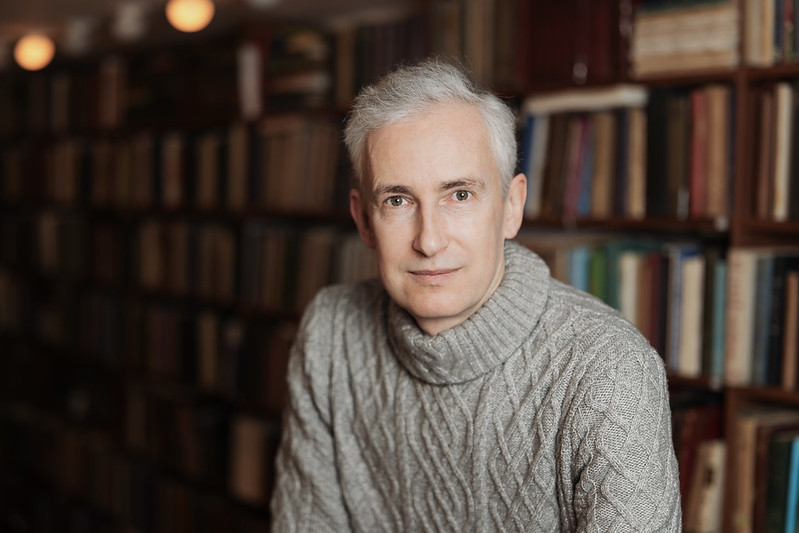 The development of Digital Humanities (DH) is a key trend in modern research. Recognizing its importance, the Faculties of Philology and History at Vilnius University (VU) have submitted a joint project to the LMT competition to upgrade research infrastructure in near future establish a DH laboratory for the two faculties. As a result, new DH tools have been introduced at VU, allowing scholars to analyze historical sources and other materials using modern methods.
The development of Digital Humanities (DH) is a key trend in modern research. Recognizing its importance, the Faculties of Philology and History at Vilnius University (VU) have submitted a joint project to the LMT competition to upgrade research infrastructure in near future establish a DH laboratory for the two faculties. As a result, new DH tools have been introduced at VU, allowing scholars to analyze historical sources and other materials using modern methods.
Dr. Sergii Gurbych, a VU Postdoctoral Fellow funded under the Economic Recovery and Resilience Plan "New Generation Lithuania," graduated from the Heidelberg University of Jewish Studies. In his talk, he discussed Digital Humanities, its tools, their functionality, and the benefits they bring to the university. Dr. Gurbych has eight years of experience working with DH methods.
What is DH, and what are its benefits?
Dr. Gurbych explained that Digital Humanities is a vast academic field. It functions as an umbrella concept that encompasses both theoretical and practical aspects. The practical side consists of various tools and approaches, while the theoretical side involves critically analyzing these tools and techniques.
"Digital Humanities is a broad and interdisciplinary field. Different researchers focus on images, text, video, or audio, applying these methods in fields such as history, art, or cultural studies. Beyond academia, many professionals in various industries—such as publishing, media, and data analysis—also incorporate Digital Humanities approaches into their work," he notes.
"DH as a field formally emerged about 30 years ago, in the late 1990s. By the mid-2010s, there was a surge in academic publications describing DH methodologies, and many universities established DH centers with increased funding for related projects. Today, we are witnessing a new wave driven by the emergence of large language models (LLM) like GPT, Gemini, Claude, and LLaMA. These AI models are reshaping text analysis, historical research, and cultural studies, introducing new methodologies and possibilities."
Dr. Gurbych, who spent ten years studying and conducting research in Germany and the United States, where DH is widely used, highlights the efficiency of this approach:
"Digital Humanities allows researchers to work much faster. For example, if a scholar needs to read a book, several texts, or an entire corpus to locate key concepts and analyze their context, this process would require a lot of effort and time. However, a simple application or custom-coded program can complete the task in seconds.
As a result, DH saves both time and a significant amount of technical work. It also enables graduate students to analyze materials that would typically be examined by only a few experts—who often have their own specialized research interests."
How does DH work?
Dr. Gurbych explains that DH tools consist of applications and scripts used across three main stages:
• Data collection – for example, converting physical objects into digital form.
• Data processing – analyzing the extracted digital content.
• Visualization – presenting research findings through various visual formats.
"For example, in historical research, we work with physical objects—archival documents. In the first stage, we digitize these materials by scanning them and applying optical text recognition (OCR). This allows us to obtain the text in an electronic format suitable for further analysis," he explains.
Dr. Gurbych adds that in the second stage—data analysis, the approach depends on the research goal. Scholars may perform linguistic analysis, statistical analysis, or other methods, using different tools for each type of study.
"For instance, to search for keywords in a corpus of texts, we can use a concordance tool—an application that identifies where specific words appear and provides their context. Additionally, we can write custom code to highlight all city names, personal names, or any other relevant terms within the texts," he explains.
In the third step, Dr. S. Gurbych describes the creation of maps, where researchers plot all the geographic names mentioned in the text. This allows them to visualize the geographical distribution of the documents and identify patterns that might not be noticeable from a simple list of cities.
On these maps, researchers can overlay historical state borders from the period under study to gain additional insights. Of course, it is also possible to create graphs, charts, and other visualizations to illustrate the study's findings.
How hard is it to use DH?
When asked whether using Digital Humanities is challenging, Dr. Gurbych explains that some approaches, applications, and tools are easier to use, while others are more complex. For example, if a student begins digitizing documents, no prior experience is required. They can simply start by scanning and digitizing. Performing optical character recognition (OCR) is also straightforward, as it can be done with just a few buttons clicks.
"But if we are talking about handwritten text recognition, for example, it already requires some technical experience and knowledge because it involves specialized platforms and software," says Dr. Gurbych. "So, it depends on the approach we use. There are many different tools—some are simple, while others may require hours of practice or even formal training to learn how to use them properly."
The VU researcher adds that large and powerful applications capable of performing multiple tasks, such as creating maps, generating diagrams, or conducting advanced text analysis, can be quite expensive. "They require university funding to access," he explains.
"But some tools, such as concordance software, which allows users to analyze a corpus of texts and examine the context of key terms, are free. This happens because many researchers develop custom tools to meet their specific needs. Eventually, they realize that these tools could be useful to a wider audience, so they make them publicly available for free," he adds.
What needs to be done to use DH
If researchers are completely new to Digital Humanities, Dr. Gurbych recommends starting with an introductory course, such as DH101, designed for beginners. "They need to have a "map"—a clear understanding of what kind of work can be done and what tools are available for free," he explains. “Once they grasp the possibilities, researchers will be able to identify the tools they need and then learn how to use them effectively.“
"When determining which specific DH tool is needed for their goal, a researcher can learn to use it through online courses or YouTube tutorials. First, they must understand what the tool is for and what purpose they will use it for. In the beginning, no programming experience is required. Some tools can perform all necessary tasks, but they are, I would say, general-purpose.
If you want to customize a tool to your specific needs and avoid paying for proprietary software, you can use your own code. However, for the most basic cases, you can ask LLM, such as ChatGPT or Gemini for help. It will generate the code for you, but you need to know how to run it, provide input (such as your text corpus), and process the output.
Of course, it would be better if you understood the code and didn’t rely entirely on what ChatGPT provides. To fully utilize it, you should know how to modify the code and adapt it to your specific goals,“ - explains Dr. Gurbych.
Discussing the ability of some tools to analyze complex texts with multiple meanings, Dr. Gurbych notes that with the rapid development of AI, including the emergence of advanced models like ChatGPT, it is now possible—at least to some extent—to create tools that can "read between the lines" and detect elements like irony, metaphor, or even propaganda. "For example, AI can recognize references to the Bible or other classical texts and even detect irony to a certain degree. So, within a year, we will likely see applications that allow us to interpret hidden meanings much more effectively. These types of tools rely heavily on AI," he explains.
At the end of the discussion, Dr. S. Gurbych notes that, as part of the collaboration between the Faculty of History and the Faculty of Philology, the DH Laboratory program was launched. As part of this initiative, he holds seminars every two weeks, focusing on how to work with specific tools. The first seminar will take place on February 6 and will be dedicated to Transkribus, a platform for optical recognition of handwritten text.

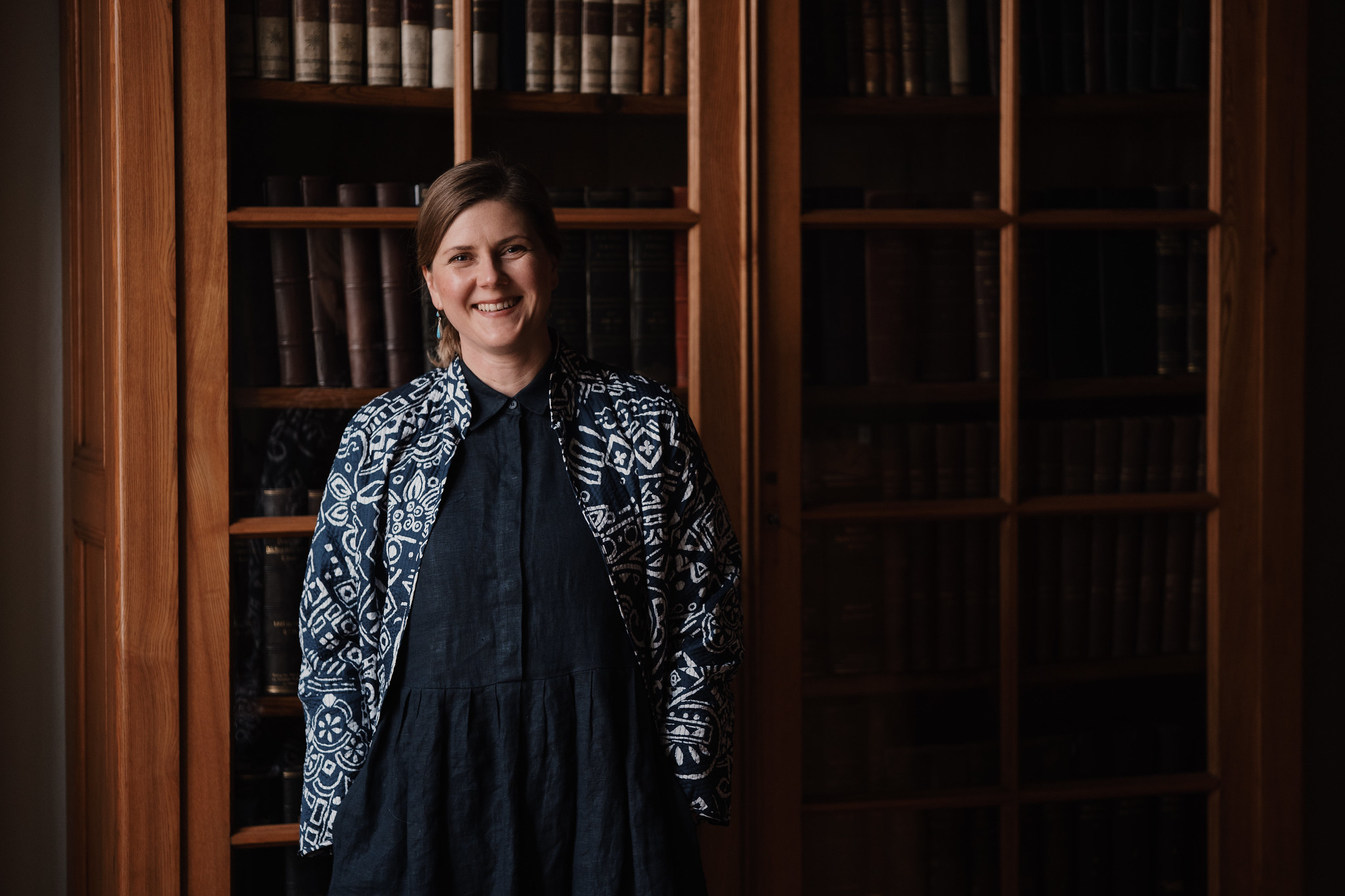 A recent study published in Nature: Scientific Reports delves into the adaptive agricultural practices of pre-industrial communities in north-eastern Europe over the past two millennia. The research highlights how significant climatic shifts, coupled with socioeconomic factors, influenced the selection and cultivation of buffer crops to mitigate the risks associated with primary staple crop failures.
A recent study published in Nature: Scientific Reports delves into the adaptive agricultural practices of pre-industrial communities in north-eastern Europe over the past two millennia. The research highlights how significant climatic shifts, coupled with socioeconomic factors, influenced the selection and cultivation of buffer crops to mitigate the risks associated with primary staple crop failures.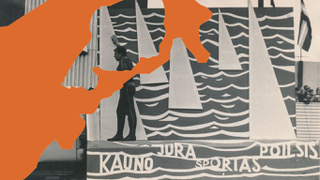 Date: 31 January 2025, 3 pm.
Date: 31 January 2025, 3 pm.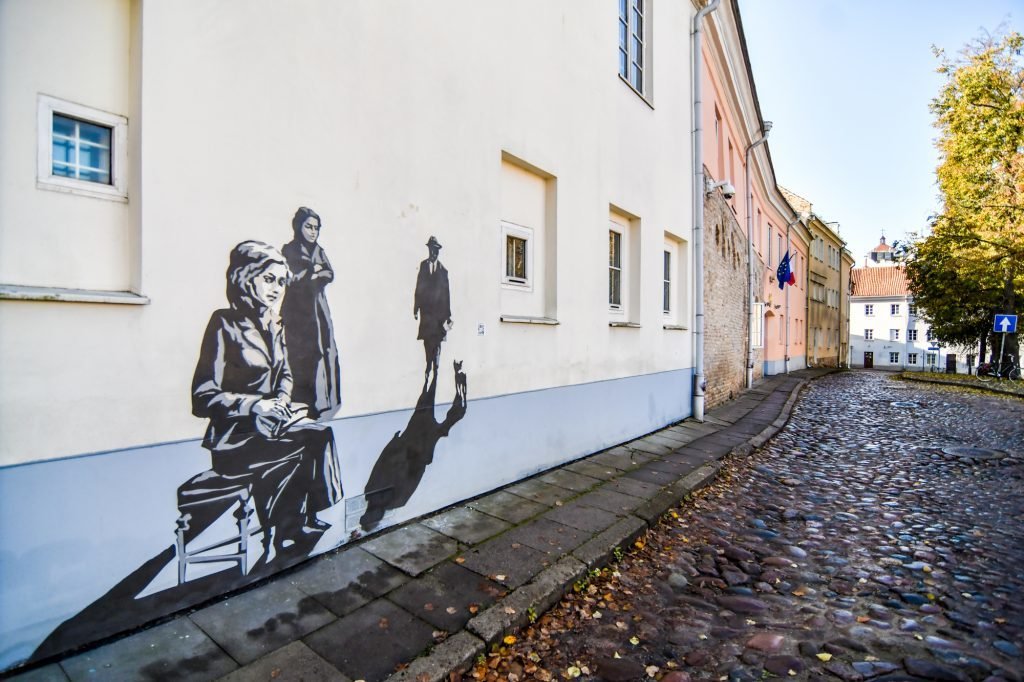 The Centre for the Study of East European Jewish History at the Vilnius University Department of History, together with The Emil A. and Jenny Fish Center for Holocaust & Genocide Studies at Yeshiva University, Department of Jewish Studies at Wroclaw University, Department of Russian and Slavic Studies at Hebrew University of Jerusalem, and Lviv Catholic University invites MA students currently working on their theses and PhD students to apply and participate in an international online seminar in the field of East European Jewish history and culture. The seminar is open to papers on various topics, chronology, methodology, and approaches in humanities, arts, and social sciences.
The Centre for the Study of East European Jewish History at the Vilnius University Department of History, together with The Emil A. and Jenny Fish Center for Holocaust & Genocide Studies at Yeshiva University, Department of Jewish Studies at Wroclaw University, Department of Russian and Slavic Studies at Hebrew University of Jerusalem, and Lviv Catholic University invites MA students currently working on their theses and PhD students to apply and participate in an international online seminar in the field of East European Jewish history and culture. The seminar is open to papers on various topics, chronology, methodology, and approaches in humanities, arts, and social sciences.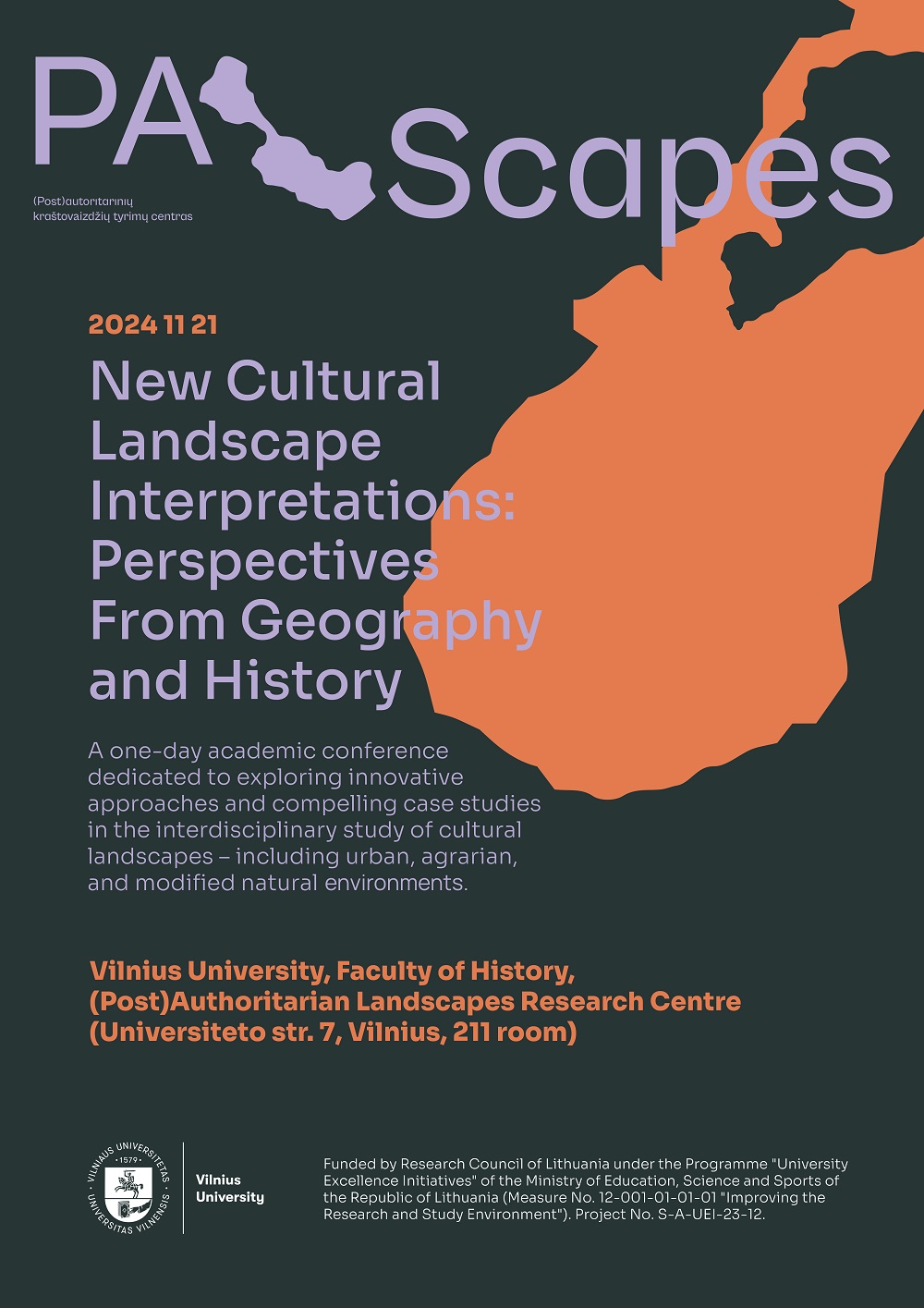
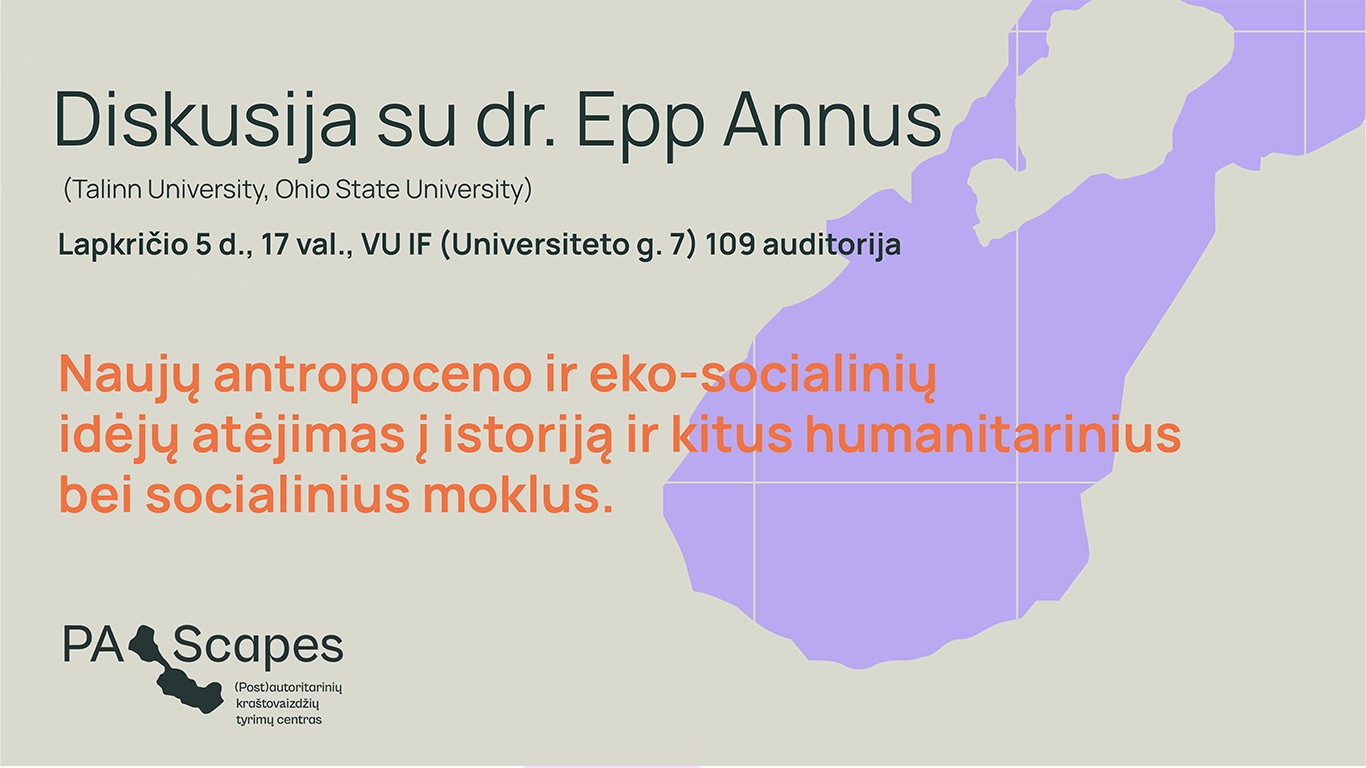 On 5 November, 5 pm, the Faculty of History will host a discussion with Dr. Epp Annus (Tallinn University, Ohio State University). The event invites to discuss the arrival of new Anthropocene and eco-social ideas in the field of history and other humanities and social sciences.
On 5 November, 5 pm, the Faculty of History will host a discussion with Dr. Epp Annus (Tallinn University, Ohio State University). The event invites to discuss the arrival of new Anthropocene and eco-social ideas in the field of history and other humanities and social sciences.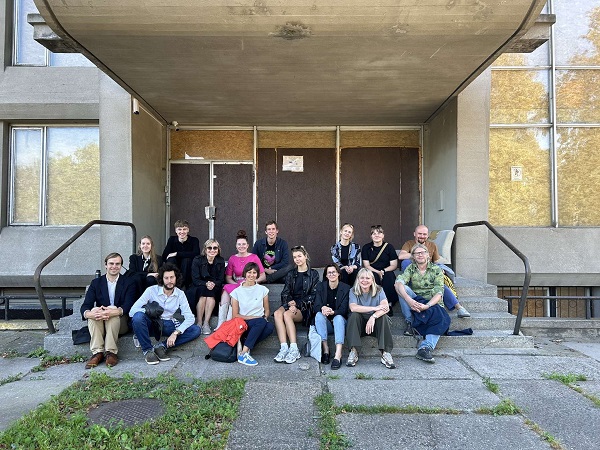 On 23-27 September, (Post)Authoritarian Landscapes Research Centre (PAScapes) organised an international summer school "Cultural landscapes: Concrete heritage" for PhD students interested in concrete heritage.
On 23-27 September, (Post)Authoritarian Landscapes Research Centre (PAScapes) organised an international summer school "Cultural landscapes: Concrete heritage" for PhD students interested in concrete heritage.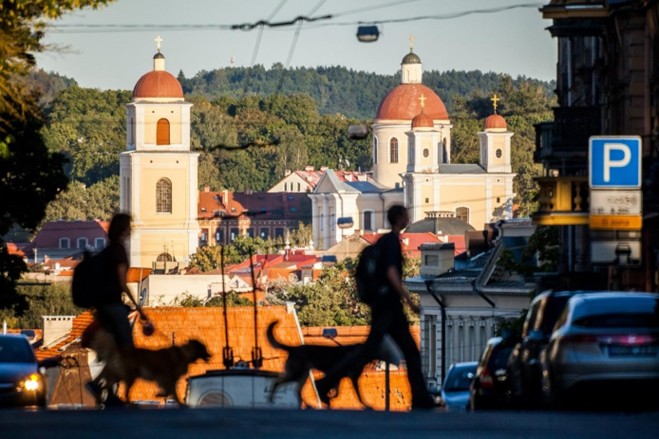 The Faculty of History at Vilnius University introduces ‘Heritage Mondays’ public lecture series initiative and is pleased to invite you to a public lecture by Prof. Dr. Yonca Erkan from the University of Antwerp on September 9th at 17:00. The lecture is titled “The Role of Management Plans: Practices and Lessons in Cultural Heritage Conservation”.
The Faculty of History at Vilnius University introduces ‘Heritage Mondays’ public lecture series initiative and is pleased to invite you to a public lecture by Prof. Dr. Yonca Erkan from the University of Antwerp on September 9th at 17:00. The lecture is titled “The Role of Management Plans: Practices and Lessons in Cultural Heritage Conservation”.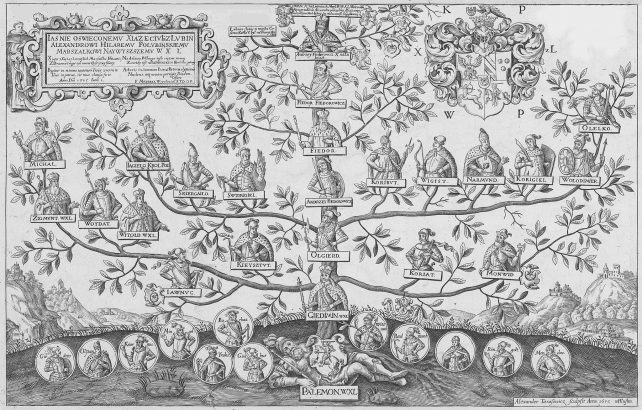 The recent release of Season 2 of “House of the Dragon” has brought us back to the medieval fantasy realm of George Martin’s “Game of Thrones”. Although the series is based on fictional books, the author drew extensively from real medieval history, including the Hundred Years’ War, the Wars of the Roses, and the Crusades. Medieval Lithuania was also not without its share of intriguing moments, one of which was the mysterious death of Karigaila, the brother of Jogaila (Władysław II Jagiełło) and cousin to Vytautas: he was beheaded in 1390 while defending Vilnius Castle against the Crusaders. Dr Antanas Petrilionis, researcher at the Faculty of History of Vilnius University (VU), has tried to unravel the threads of this murderous story dating back over six centuries.
The recent release of Season 2 of “House of the Dragon” has brought us back to the medieval fantasy realm of George Martin’s “Game of Thrones”. Although the series is based on fictional books, the author drew extensively from real medieval history, including the Hundred Years’ War, the Wars of the Roses, and the Crusades. Medieval Lithuania was also not without its share of intriguing moments, one of which was the mysterious death of Karigaila, the brother of Jogaila (Władysław II Jagiełło) and cousin to Vytautas: he was beheaded in 1390 while defending Vilnius Castle against the Crusaders. Dr Antanas Petrilionis, researcher at the Faculty of History of Vilnius University (VU), has tried to unravel the threads of this murderous story dating back over six centuries.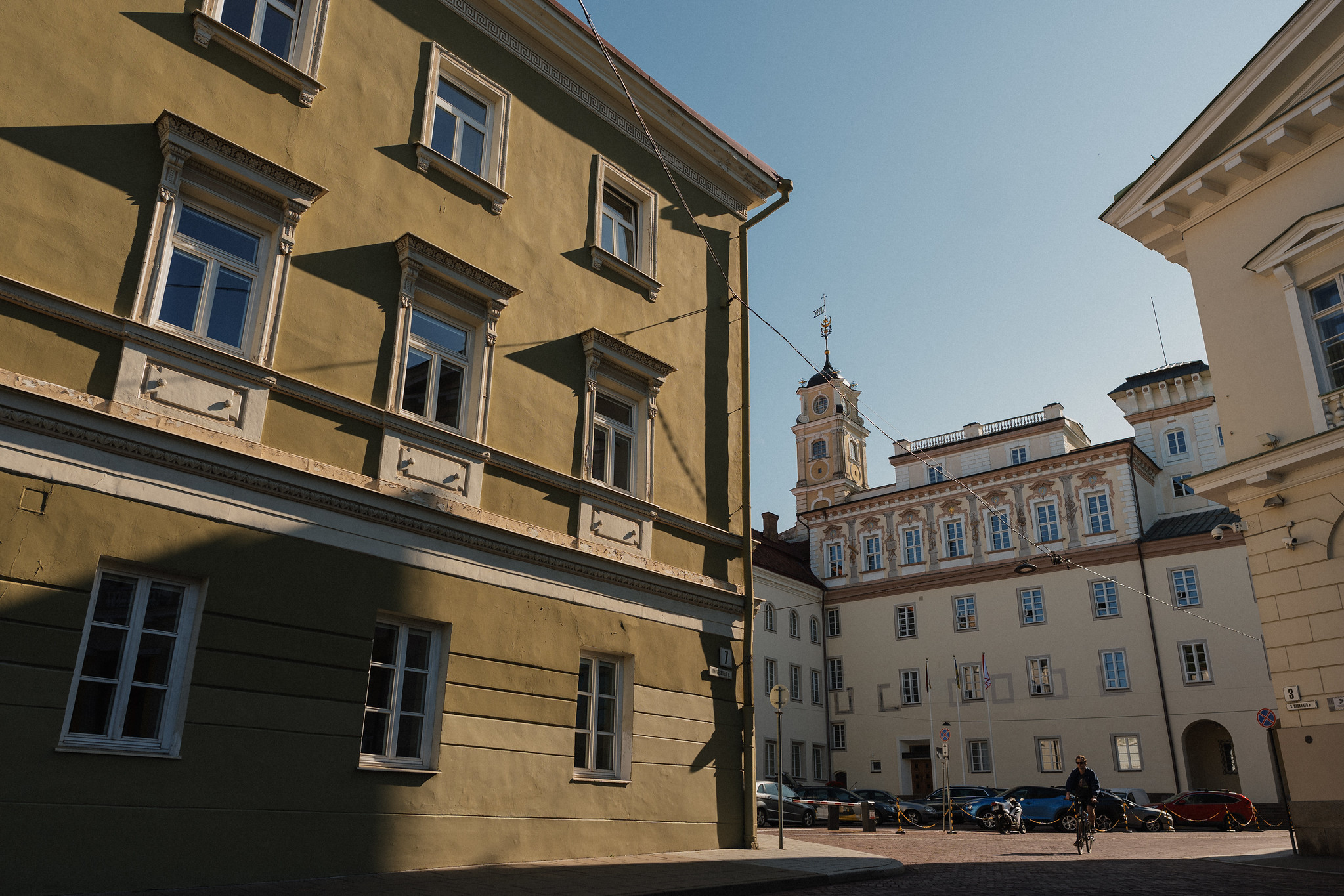 From 1–5 July, for the second time, Vilnius University (VU) will host the summer school on the “Competition Among Great Powers, and the National State of Lithuania in the First Half of the 20th Century” organised jointly by the VU Faculty of History, the Baltic Geopolitics Network of the Centre for Geopolitics of the University of Cambridge, and the Office of the Chief Archivist of Lithuania.
From 1–5 July, for the second time, Vilnius University (VU) will host the summer school on the “Competition Among Great Powers, and the National State of Lithuania in the First Half of the 20th Century” organised jointly by the VU Faculty of History, the Baltic Geopolitics Network of the Centre for Geopolitics of the University of Cambridge, and the Office of the Chief Archivist of Lithuania.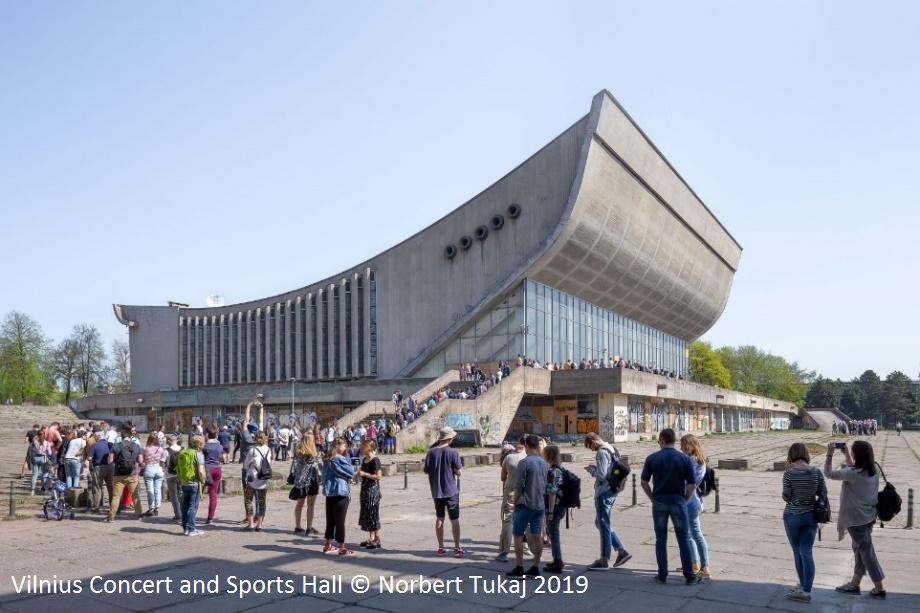
 Are you already wondering what's next? Graduation can evoke many emotions, from relief and joy to confusion and anxiety.
Are you already wondering what's next? Graduation can evoke many emotions, from relief and joy to confusion and anxiety.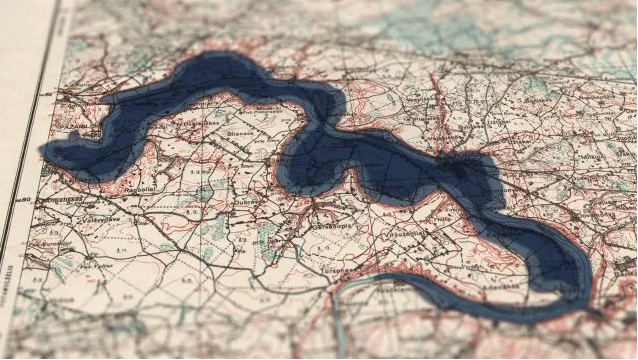 The (Post)Authoritarian Landscapes Research Centre (PAScapes) at Vilnius University announces a competition for a long-term research fellowship to carry out the project ‘Cultural Landscapes of (Post)Authoritarian States in the 20th–21st Centuries: Transformations, Models, Environmental Response’.
The (Post)Authoritarian Landscapes Research Centre (PAScapes) at Vilnius University announces a competition for a long-term research fellowship to carry out the project ‘Cultural Landscapes of (Post)Authoritarian States in the 20th–21st Centuries: Transformations, Models, Environmental Response’.